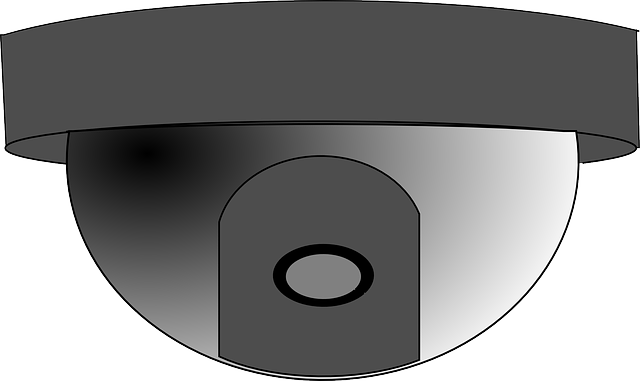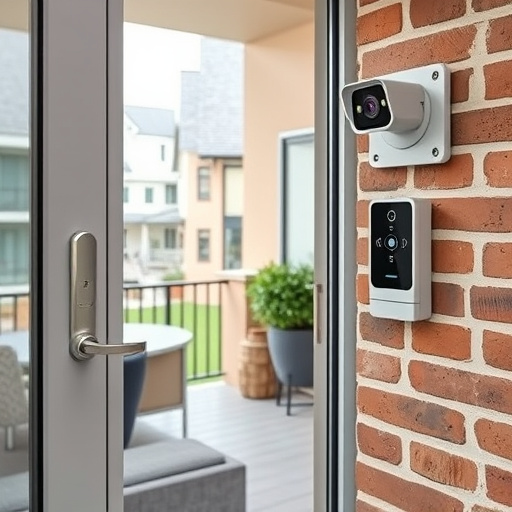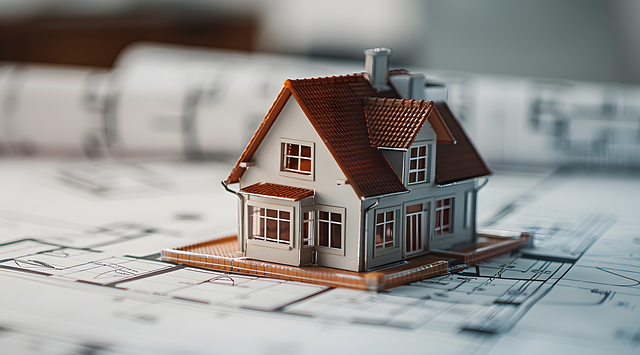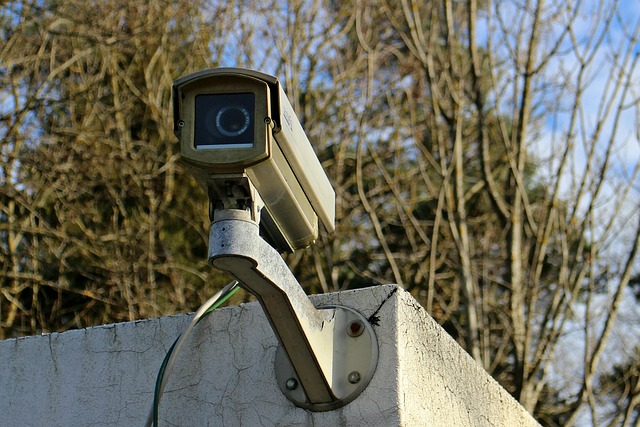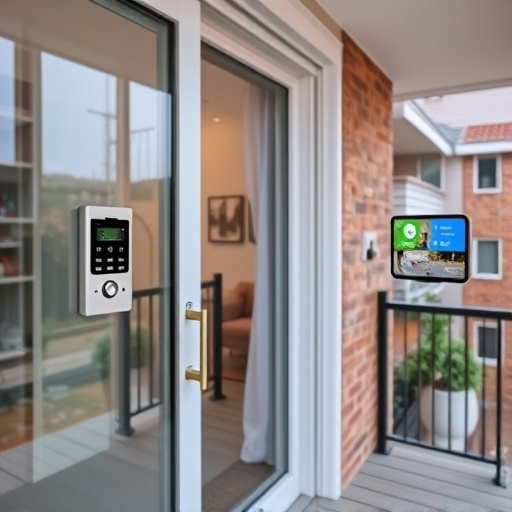Before buying a security camera, assess your home's needs, considering layout and asset protection. The right security camera should offer high-quality night vision, motion detection, and smart home integration. Types vary from wireless to hardwired systems with differing strengths in image quality, resolution, connectivity, and storage. For home security selection, consider HD/4K video, weatherproofing, and clear audio for effective protection. Multiple cameras may be needed for larger homes. Integrate a system strategically for comprehensive coverage and peace of mind, focusing on high-risk areas.
Choosing the right security camera for your home is crucial for ensuring peace of mind and effective protection. This comprehensive guide will help you navigate the process of selecting an ideal home camera. We’ll walk you through understanding your unique home security selection needs, exploring different types of security cameras and their features, and highlighting key factors to consider. By the end, you’ll be equipped to integrate a best security system tailored to your home’s specific requirements.
- Understanding Your Home Security Needs
- Types of Security Cameras and Their Features
- Key Factors to Consider When Choosing a Security Camera
- Integrating Your New Security Camera System
Understanding Your Home Security Needs

Before you start shopping for a security camera, it’s crucial to understand your home security needs. Consider factors like the size and layout of your property, areas that require constant monitoring, and specific concerns like entry points or valuable items needing protection. Your ideal home camera should offer clear, detailed footage day or night, with motion detection capabilities to alert you to any unusual activity.
Think about the level of integration you desire – do you want a standalone system or one seamlessly integrated into your existing smart home setup? A best security system typically combines multiple cameras, door and window sensors, and a central control panel for comprehensive protection. Choosing security cameras involves balancing features like resolution (HD or 4K), wireless connectivity options (Wi-Fi, PoE), and storage solutions (local or cloud-based). These considerations will guide you in selecting the right security camera that aligns with your home’s unique requirements.
Types of Security Cameras and Their Features
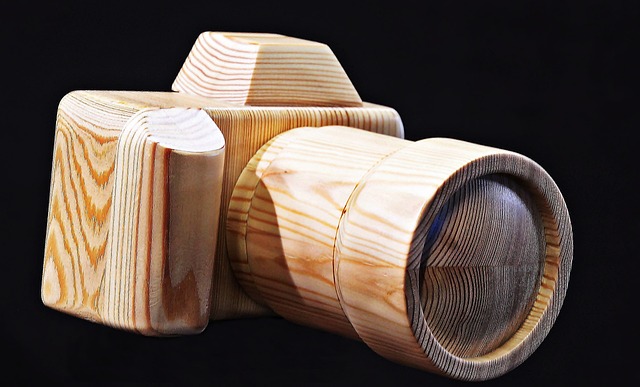
When it comes to selecting the right security camera for your home, understanding the different types and their unique features is key to making an informed home security selection. The market offers a wide array of options, from wireless surveillance cameras to hardwired CCTV systems. Each has its strengths; for instance, wireless cameras provide flexibility in placement but may require more frequent battery replacements, while hardwired systems offer consistent power and higher resolution footage.
The ideal home camera should align with your specific needs and preferences. Consider factors like image quality (HD or 4K), motion detection capabilities, night vision, and storage options. Advanced cameras can even send alerts to your smartphone when movement is detected, allowing for remote monitoring. The best security system integrates these components seamlessly, ensuring effective security without complicating your daily life.
Key Factors to Consider When Choosing a Security Camera

When selecting a security camera, several key factors come into play to ensure you choose the ideal home camera. Firstly, consider your specific security needs; are you looking for basic surveillance or a comprehensive best security system? Each requirement will influence your choice of technology and features. For instance, if you prioritize motion detection, opt for cameras with advanced sensors and clear audio capabilities for effective communication.
Secondly, the environment in which you’ll install the camera is crucial. Will it be indoors or outdoors? Exposure to varying weather conditions can affect performance, so ensure the camera is weatherproof and suitable for your locale. Additionally, consider your home’s layout; multiple cameras may be needed for comprehensive coverage, especially in larger homes or those with complex floor plans. This home security selection should also align with your budget, offering a balance between quality and affordability to meet your needs effectively.
Integrating Your New Security Camera System

Integrating a new security camera system into your home is an exciting step towards enhancing your peace of mind and home protection. When setting up your chosen right security camera, consider your home’s layout and needs. Identify high-risk areas like entry points, valuable asset locations, and common gathering spots to strategically place your ideal home camera. This thoughtful placement ensures comprehensive coverage, allowing you to monitor and protect every angle effectively.
Choosing the best security system involves understanding your requirements and available features. Modern security cameras offer various options such as HD video quality, night vision, motion detection, and cloud storage. Select an effective security camera that aligns with your home’s unique needs, providing clear images and reliable alerts. Seamless integration of these features will contribute to a robust and efficient home security setup.
